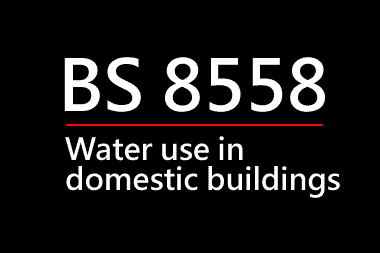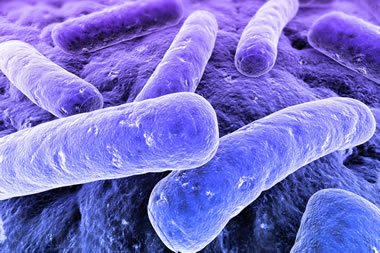BS 8558 & Water Use in Domestic Buildings
BS 8558 is an important British Standards document which deals with issues concerning domestic water services in buildings. It provides complementary guidance to BS EN 806 and offers detailed information on the design, installation, testing, operation and maintenance of domestic water services.








